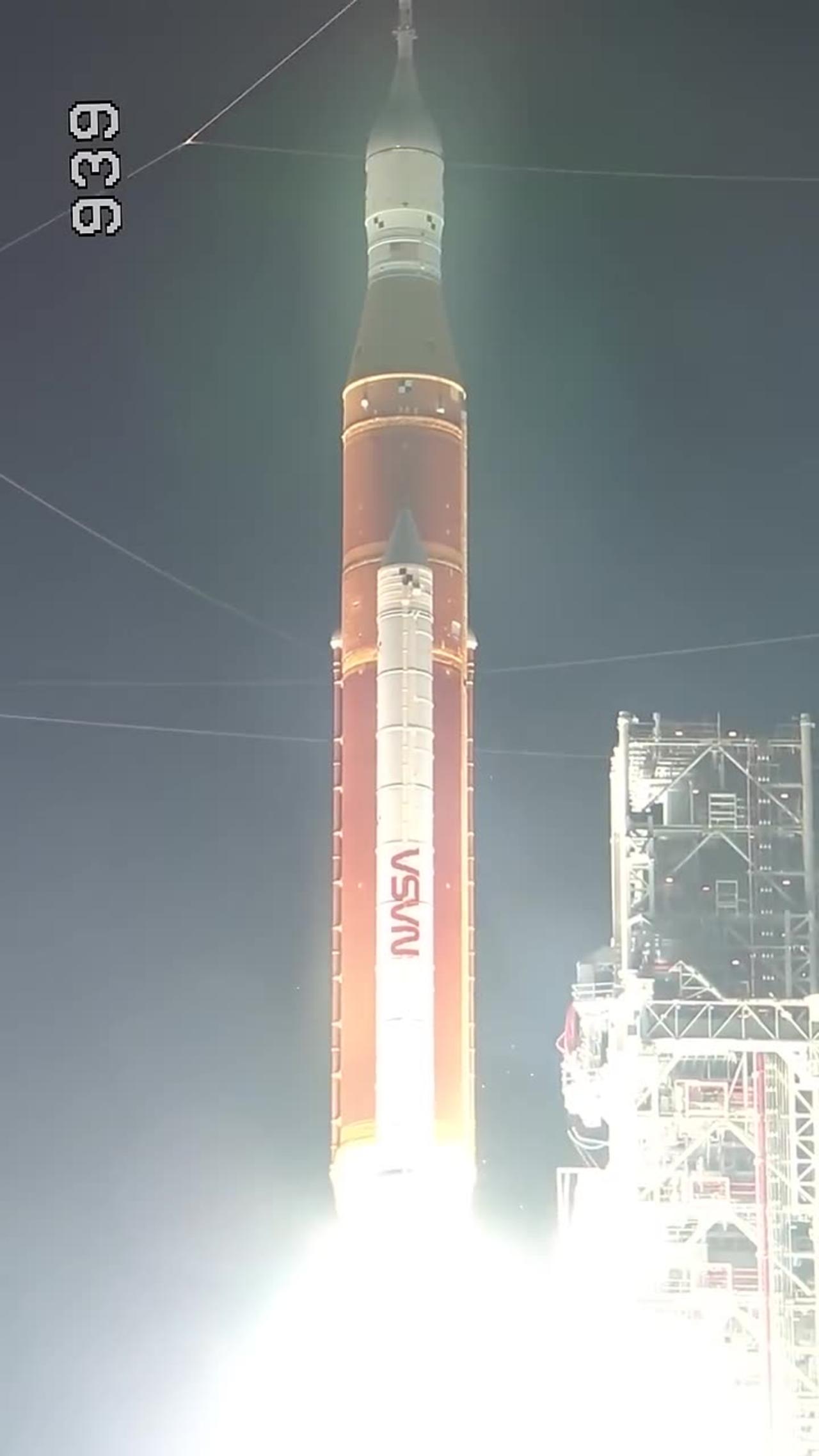
On Nov.
16, 2022, the Orion spacecraft launched aboard the Space Launch System (SLS) rocket from NASA's Kennedy Space Center and embarked on the #Artemis I mission to the Moon and back.
Orion orbited the Moon, getting as close as 79 miles to the lunar surface, and successfully splashed back down to Earth 25.5 days later on Dec.
11.
Four RS-25 engines and two five-segment solid rocket boosters provided more than 8.8 million pounds of thrust for SLS during liftoff and flight.
Thanks in part to the development of a new RS-25 engine controller that checks engine health 50 times per second, engineers were able to collect more than 100 measurements on pressures, temperatures, flows, speeds, and vibrations on the four RS-25 engines that helped power Artemis I.
The preliminary post-flight data indicates that all SLS systems performed exceptionally and that the designs are ready to support a crewed flight on Artemis II.
The Artemis II mission will bring us closer to establishing a sustained human presence on the lunar surface and landing the first woman and first person of color on the Moon.
This video was captured from the Launch Pad 39B perimeter and was used by engineers to monitor and track the rocket during flight.
Video credit: NASA Music credit: Universal Production Music










